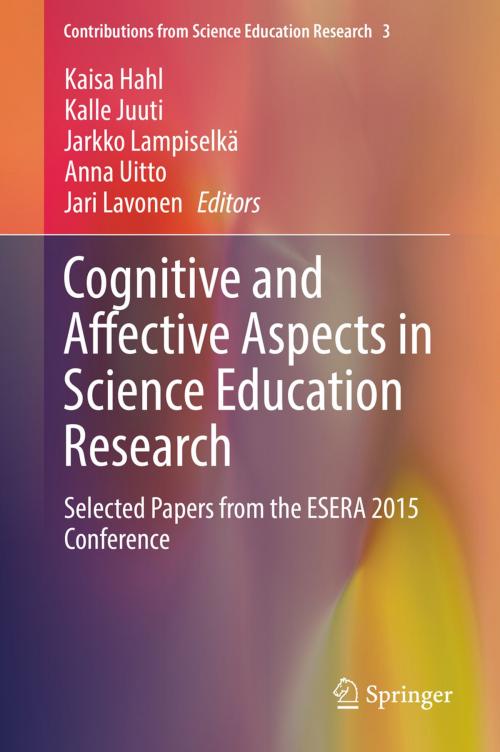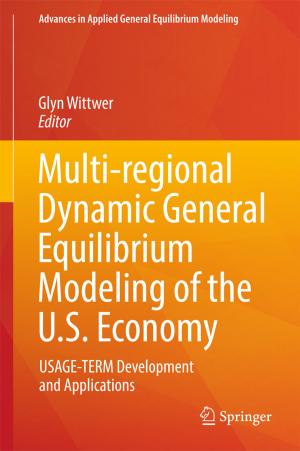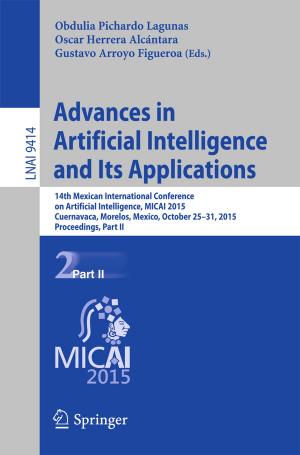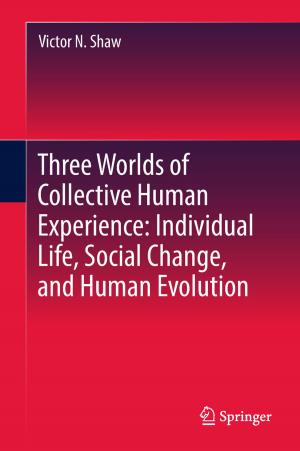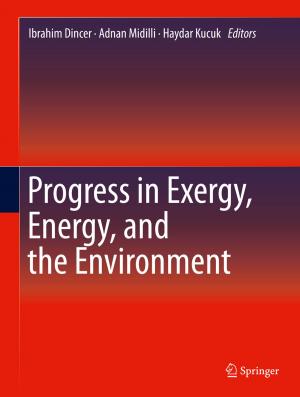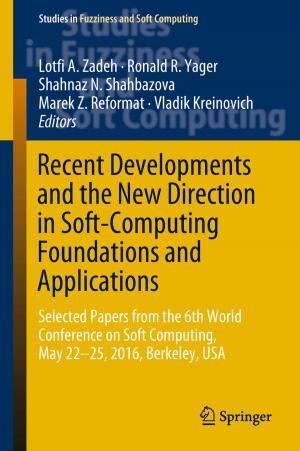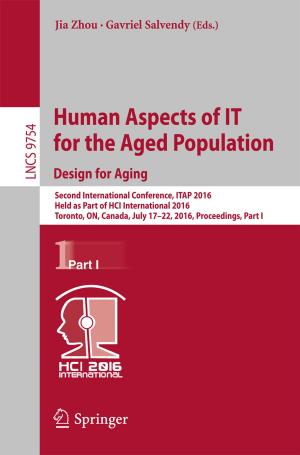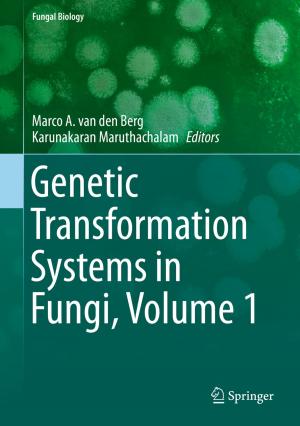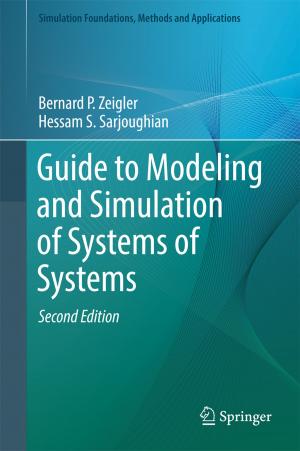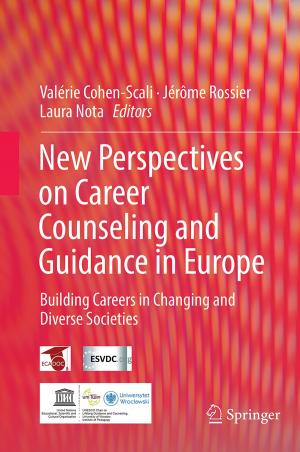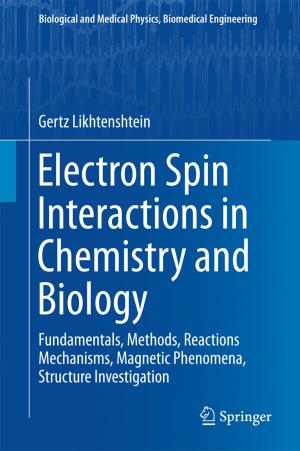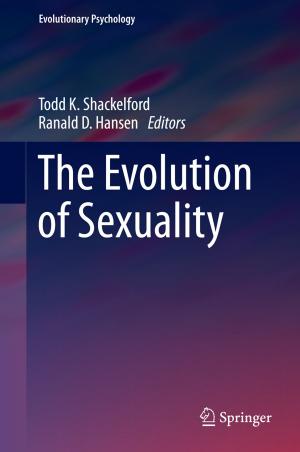Cognitive and Affective Aspects in Science Education Research
Selected Papers from the ESERA 2015 Conference
Nonfiction, Science & Nature, Science, Other Sciences, Study & Teaching, Reference & Language, Education & Teaching, Educational Theory, Educational Psychology| Author: | ISBN: | 9783319586854 | |
| Publisher: | Springer International Publishing | Publication: | July 10, 2017 |
| Imprint: | Springer | Language: | English |
| Author: | |
| ISBN: | 9783319586854 |
| Publisher: | Springer International Publishing |
| Publication: | July 10, 2017 |
| Imprint: | Springer |
| Language: | English |
This edited volume brings forth intriguing, novel and innovative research in the field of science education. The chapters in the book deal with a wide variety of topics and research approaches, conducted in various contexts and settings, all adding a strong contribution to knowledge on science teaching and learning. The book is comprised of selected high-quality studies that were presented at the 11th European Science Education Research Association (ESERA) Conference, held in Helsinki, Finland from 31 August to 4 September, 2015. The ESERA science education research community consists of professionals with diverse disciplinary backgrounds from natural sciences to social sciences. This diversity provides a rich understanding of cognitive and affective aspects of science teaching and learning in this volume. The studies in this book will invoke discussion and ignite further interest in finding new ways of doing and researching science education for the future and looking fo
r international partners for both science education and science education research. The twenty-five chapters showcase current orientations of research in science education and are of interest to science teachers, teacher educators and science education researchers around the world with a commitment to evidence-based and forward-looking science teaching and learning.
This edited volume brings forth intriguing, novel and innovative research in the field of science education. The chapters in the book deal with a wide variety of topics and research approaches, conducted in various contexts and settings, all adding a strong contribution to knowledge on science teaching and learning. The book is comprised of selected high-quality studies that were presented at the 11th European Science Education Research Association (ESERA) Conference, held in Helsinki, Finland from 31 August to 4 September, 2015. The ESERA science education research community consists of professionals with diverse disciplinary backgrounds from natural sciences to social sciences. This diversity provides a rich understanding of cognitive and affective aspects of science teaching and learning in this volume. The studies in this book will invoke discussion and ignite further interest in finding new ways of doing and researching science education for the future and looking fo
r international partners for both science education and science education research. The twenty-five chapters showcase current orientations of research in science education and are of interest to science teachers, teacher educators and science education researchers around the world with a commitment to evidence-based and forward-looking science teaching and learning.
